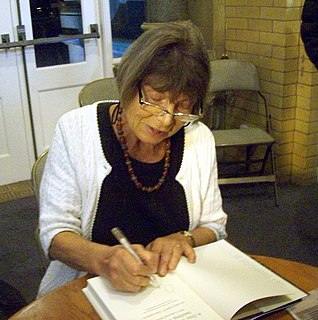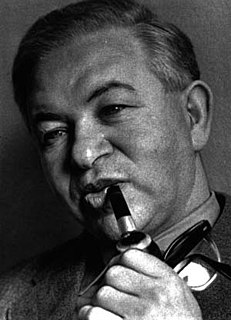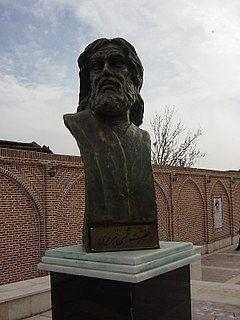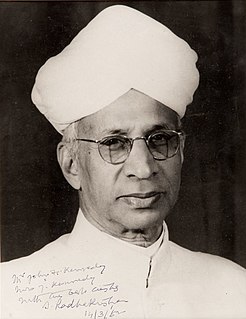A Quote by Margaret Drabble
The middle years, caught between children and parents, free of neither: the past stretches back too densely, it is too thickly populated, the future has not yet thinned out.
Related Quotes
But I think the American people expect more from us than cries of indignation and attack. The times are too grave, the challenge too urgent, and the stakes too high to permit the customary passions of political debate. We are not here to curse the darkness, but to light the candle that can guide us through that darkness to a safe and sane future. As Winston Churchill said on taking office some twenty years ago: if we open a quarrel between the present and the past, we shall be in danger of losing the future.
The presence of a grandparent confirms that parents were, indeed, little once, too, and that people who are little can grow to be big, can become parents, and one day even have grandchildren of their own. So often we think of grandparents as belonging to the past; but in this important way, grandparents, for young children, belong to the future.
The establishment of inner harmony is to be attained neither in the past nor in the future, but where the past and future meet, which is the now. When you have attained that point, neither future nor past, neither birth nor death, neither time nor space exist. It is that NOW which is liberation, which is perfect harmony, to which the men of the past and the men of the future must come.
The self (Soul) is the constant-witness consciousness. Through all months, seasons and years, through all divisions of time, the past, present and future the consciousness remains one and self luminous. It neither rises nor sets. The ultimate self is free from sin, free from old age, free from death and grief, free from hunger and thirst, which desires nothing and imagines nothing.
The universe has fascinated mankind for many, many years, dating back to the very earliest episodes of Star Trek, when the brave crew of the Enterprise set out, wearing pajamas, to explore the boundless voids of space, which turned out to be as densely populated as Queens, New York. Virtually every planet they found was inhabited, usually by evil beings with cheap costumes and Russian accents, so finally the brave crew of the Enterprise returned to Earth to gain weight and make movies.







































